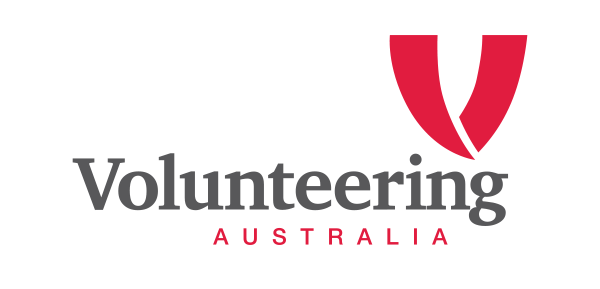Volunteering Australia has recently provided evidence of volunteers extensive contribution to disaster risk reduction in Australia, supporting prevention, preparedness, response, and recovery functions and bolstering community connection.
The submission on the second National Action Plan to implement the National Disaster Risk Reduction Framework also addresses that the role of volunteers in disaster prevention and preparedness is not adequately recognised in existing policy initiatives.
This submission provides a summary of recent research on the role of volunteers in disaster risk reduction in Australia, and makes recommendations which would enable the volunteering ecosystem to support the aims of the National Disaster Risk Reduction Framework, in alignment with its guiding principles.
This submission recommends three nationally significant strategic initiatives to be included in the second National Action Plan:
- Include detailed data on volunteering in the development of an integrated disaster risk reduction database.
a. This should draw upon key official data sources and include collaboration with the ecosystem to address data gaps.
b. Key data gaps are: the number of volunteers in prevention activities, the types of roles volunteers perform in prevention and preparedness, and the role of informal volunteers. - Establish a standing national forum which connects volunteer involving organisations and informal volunteers with other organisations with a responsibility for disaster risk reduction activities.
- Assign funding for the development of an overarching national-level strategy which supports and plans for the role of volunteering in disaster risk reduction. This should include funding to finalise the scoping, development, and implementation of the National Volunteer Sustainability Blueprint.
To meet the aims of the National Disaster Risk Reduction Framework, the second National Action Plan must include initiatives which support the role of volunteering and plan for its future.


